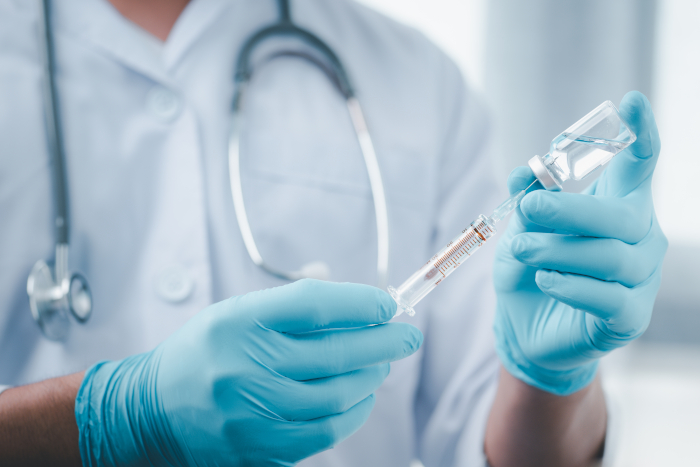Study available for adults and children.
Continuous monitoring of the electrocardiographic trace for a prolonged period of 7 days, in normal physical activity. As opposed to the traditional 24 and 48-hour Holter, this provides a better opportunity to determine any alteration of the rhythm and the heartbeat.
The Monitor of Events or Holter is one of several methods utilized to diagnose arrhythmias.
*This procedure doesn’t require preparation.
Preparation for the test:
- Report the medicines you are taking, especially if they are beta blockers such as: Tenormin, Inderal, Bisoprolol, Sotalol, Coreg, Atenolol, Metropolitan, Nevibolol, Prolaken, Propranolol, Carvedilol and Procoralan, Amiodarone, Atlansil, Rytmonorm.
- Electrodes (special soft gel patches) are placed on the skin of the thorax after cleaning the area to have a better conduction of the electrical signal, which is transmitted to the monitor. In some cases, the area should be shaved to improve the contact.
- The monitor is worn on a waist carrier that will be supplied, to keep the monitor safe from any malfunction.
- The monitor will be programmed to automatically record abnormal heartbeats.
- You will be asked to keep a diary of your activities and symptoms, to determine if there is any relationship between them and the study findings.
- You can take a shower with the electrodes on; however it is important that you REMOVE the monitor and cables. At Cardio Care we will give you instructions for the proper placement of the equipment. The monitor and cables should never make contact with the water.
- You will be given the time and date the monitor should return to Cardio Care and you should wait until you are told whether the information was recorded correctly.
- A cardiologist in Cardio Care will observe the records and make the respective diagnosis.
After the study
A cardiologist specialized in alterations of the heart rhythm will analyze the study and deliver a report with the results of the analysis, and, if necessary will make suggestions for the physician in charge of the patient, who will explain you the findings.







